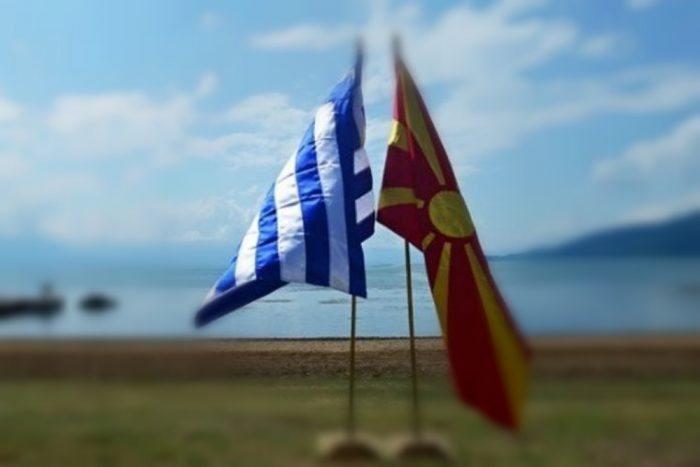Exactly one year ago the historic Prespa Agreement was negotiated and signed by Prime Ministers Zoran Zaev and Alexis Tsipras. It ended the name dispute between Greece and the newly renamed Republic of North Macedonia, which had lasted more than 27 years. This agreement is crucial both to the EU aspirations of North Macedonia and the improved relations with Greece. In a region where ‘brave’ politics has tended to be symbolised by provocations and stirring up historical feuds, Zaev and Tsipras have set an entirely new standard by focusing not on provocation but on cross-border cooperation and seeking mutual interests and aims.
The paper published by Friedrich-Ebert-Stiftung and written by Ioannis Armakolas, Assistant Professor at the Department of Balkan, Slavic and Oriental Studies, University of Macedonia and Head of the South-East Europe Programme – ELIAMEP and Ljupcho Petkovski (EUROTHINK), “Blueprint Prespa? Lessons Learned from the Greece-North Macedonia agreement”, reflects on the key objectives of the agreement and discusses what can be learned from Prespa. What are the key components that led to the historic solving of the name dispute? How did the internal dynamics in both countries influence the negotiations leading up to Prespa? Can the process be replicated and can the lessons be applied in other bilateral disputes?




